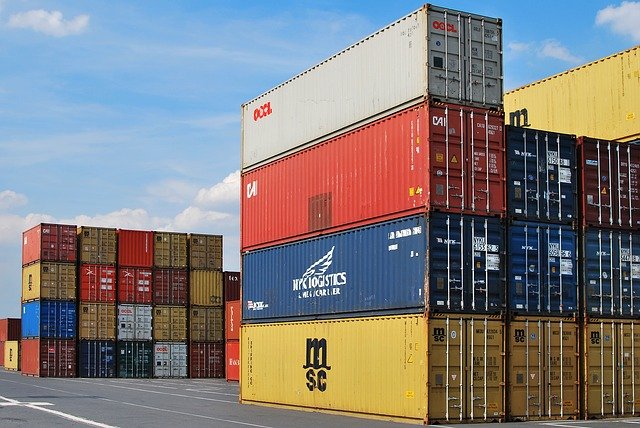
-
The Digital Container Shipping Association publishes beta releases of its standards for booking process and bill of lading to gather public feedback
-
DCSA says the project will bring container shipping closer to a standardized electronic bill of lading that will boost efficiency and transparency, and promote paperless trade
An Amsterdam-based group that is seeking to establish end-to-end digitalization of container shipping documentation has published beta releases of its standards for booking process and bill of lading to gather and add public input to the standards.
Once the review period ends, Digital Container Shipping Association will revise the standards based on the public input and release new versions within three months.
DCSA, a non-profit group aiming to further digitalize container shipping technology standards, published beta versions of its DSCA Standards for Booking Process 1.0 and Bill of Lading 2.0 on April 5 in collaboration with its nine member carriers.
Publication of booking process standards is the second step towards end-to-end digitalization of the shipping documentation process after DCSA published its electronic bill of lading (eBL) standards, the group said in a press release.
DCSA Standards for the Booking Process 1.0 will enable frictionless sharing of digitalized shipping data, eliminating the need to rekey booking information into the eBL. DCSA Standards for the Bill of Lading 2.0 are aligned with DCSA booking process standards to enable automatic uptake of booking process data.
The company unveiled a website, www.dcsa.org/feedback, where interested parties can review and provide feedback on the beta versions of the standards.
The newly released standards publications are the DCSA Standard for the Booking Process 1.0 beta, DCSA Standard for the Bill of Lading 2.0 beta, DCSA Interface Standard for the Booking Process, DCSA Interface Standard for the Bill of Lading, and the associated DCSA Industry Blueprint and DCSA Information Model. All documents can be downloaded free.
DCSA said the beta versions’ publication brings the industry closer to a standardized, universally accepted electronic bill of lading that will increase efficiency, enhance transparency, facilitate compliance and eliminate paper from international trade.
Through this eDocumentation initiative, DCSA aims to facilitate acceptance and adoption of eBL by regulators, banks and insurers and to unify communication between these organisations and customers, carriers and all other stakeholders involved in a transaction.
The DCSA feedback website will allow a three-month public review and feedback period for the beta release standards. Contributors simply select the standard they would like to review and choose from four types of comments: 1) Suggest a change; 2) suggest a clarification; 3) suggest an addition, and 4) other.
Subsequent releases of DCSA’s eDocumentation initiative will include data and process standards for arrival notice and release shipment.
“In 2021, only 1.2% of the bills of lading issued by carriers was digital,” commented Thomas Bagge, chief executive of DCSA.
“Fortunately, this leaves much room for improvement of the B/L process, which will have a significant and positive impact on international trade. Eliminating paper each year will improve sustainability, and digitizing documents will increase the accuracy and availability of digital data, which will benefit everyone along the supply chain, including customs organizations.”
Bagge said the public and private sectors must work together to address legal and technical interoperability issues if they want to grow eBL usage.
DCSA said its open source standards are developed based on input from member carriers, industry stakeholders and technology experts from other industries. The carriers include MSC, Maersk, CMA CGM, Hapag-Lloyd, ONE, Evergreen, Yang Ming, HMM and ZIM.




